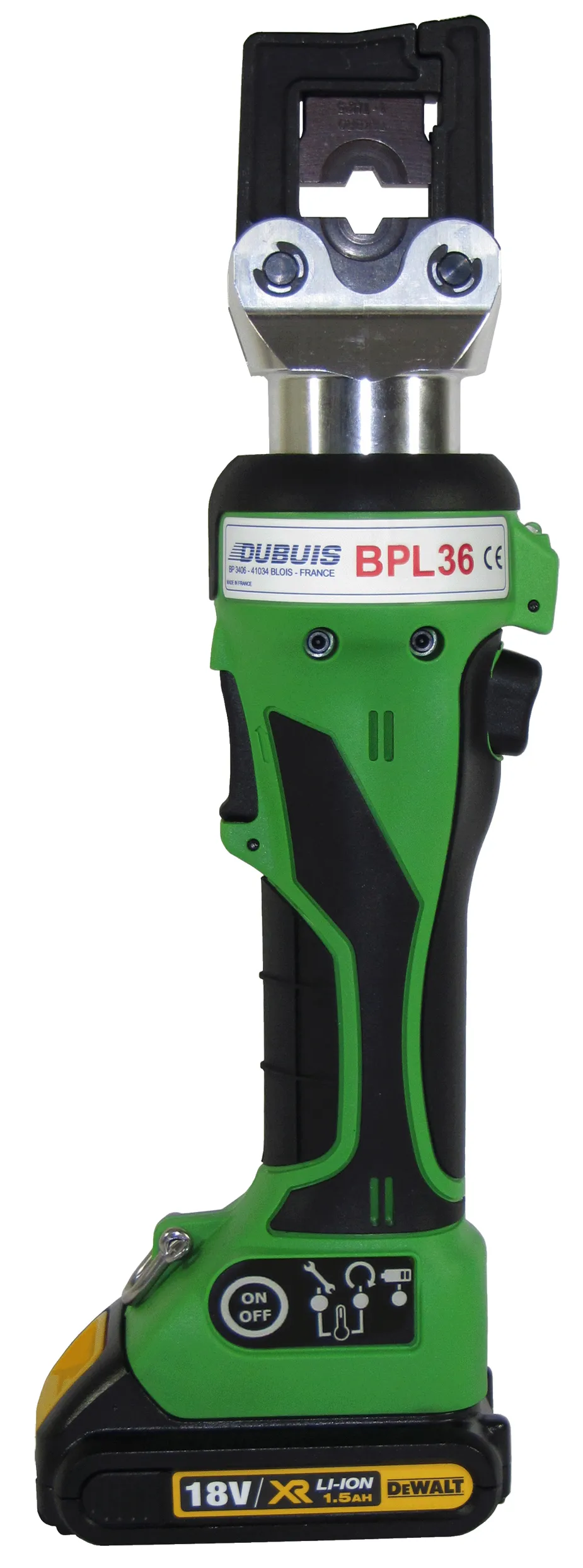Alfom, a German IT company, has announced the TripGuard app (www.tripguard.de) for Android (which will shortly also be available for the iPhone) that provides an eCall service in case of emergency. The inventor of the system was driven to develop the software following the tragic death of his mother in the autumn of 2010. Late one night, her car left the road, overturned and was not visible to passing motorists. Seriously injured but still conscious, it was nearly two hours before she was discovered and rel
April 23, 2012
Read time: 2 mins
Alfom, a German IT company, has announced the TripGuard app (%$Linker: External 0 0 0 oLinkExternal www.tripguard.de Tripguard App false http://www.tripguard.de/ false false %>) for Android (which will shortly also be available for the iPhone) that provides an eCall service in case of emergency. The inventor of the system was driven to develop the software following the tragic death of his mother in the autumn of 2010. Late one night, her car left the road, overturned and was not visible to passing motorists. Seriously injured but still conscious, it was nearly two hours before she was discovered and released, but she did not survive the incident.
After several months of development and over 10,000 kilometres of motorway testing, TripGuard has been specially developed not only to prevent a similar tragedy, but also provide other features. It runs on a standard Android smart phone and continuously monitors the vehicle's status. In the event of an accident, TripGuard sounds an alarm which the driver can turn off if he/she is conscious and not in need of help.
However, if the alarm isn’t cancelled, the system automatically sends an SMS message to the TripGuard centre, on receipt of which an operator phones the number for verification of a problem. If the user does not respond immediately, the emergency services are called. Meanwhile, the app, using a synthetic voice module which is available in several languages, also calls emergency services, relays GPS information and also switches to hands-free mode for two-way communication between the vehicle and the emergency services.
An emergency call button is also available for manual emergency calling, and additional services, such as advising the driver to take a break at recommended intervals, based on total travel and time of day or night, location-based alerts of potential hazards, such as accidents or fog, and a ‘black box’ feature that records the telematics data for the last 30 seconds before an accident
After several months of development and over 10,000 kilometres of motorway testing, TripGuard has been specially developed not only to prevent a similar tragedy, but also provide other features. It runs on a standard Android smart phone and continuously monitors the vehicle's status. In the event of an accident, TripGuard sounds an alarm which the driver can turn off if he/she is conscious and not in need of help.
However, if the alarm isn’t cancelled, the system automatically sends an SMS message to the TripGuard centre, on receipt of which an operator phones the number for verification of a problem. If the user does not respond immediately, the emergency services are called. Meanwhile, the app, using a synthetic voice module which is available in several languages, also calls emergency services, relays GPS information and also switches to hands-free mode for two-way communication between the vehicle and the emergency services.
An emergency call button is also available for manual emergency calling, and additional services, such as advising the driver to take a break at recommended intervals, based on total travel and time of day or night, location-based alerts of potential hazards, such as accidents or fog, and a ‘black box’ feature that records the telematics data for the last 30 seconds before an accident








